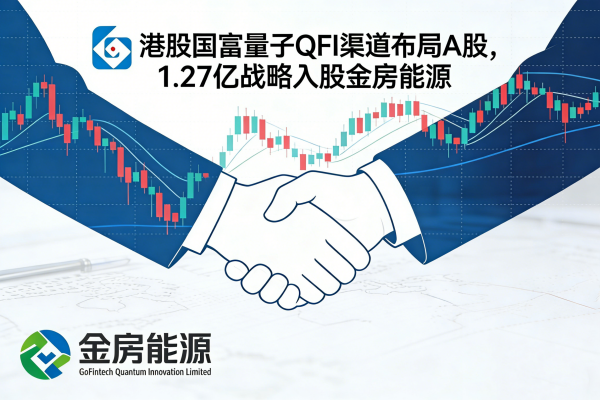Trump's tariff 'drug' hits global stocks, cryptocurrencies plummet
U.S. President Donald Trump told reporters that he did not intentionally trigger a market sell-off, but "sometimes you need medicine to fix a problem."
Cryptocurrency prices plunged as U.S. stock index futures opened sharply lower on April 6 as the Trump administration doubled down on its global tariff strategy.
The Trump administration imposed a 10% tariff on all countries from April 5, with higher rates on some countries, including 34% for China, 20% for the European Union, and 24% for Japan.
Bitcoin fell more than 6% in the past 24 hours and is trading at around $77,883. Meanwhile, Ethereum fell more than 12% in the same time frame and is trading at $1,575, according to CoinGecko. The total cryptocurrency market capitalization fell more than 8% to $2.5 trillion.
Prices have since recovered some of their losses. Bitcoin rose 1.4% to $78,500. Meanwhile, Ethereum prices recovered to $1,594.
Meanwhile, the Crypto Fear & Greed Index, which measures market sentiment for Bitcoin and other cryptocurrencies, returned 23 points in its last update on April 7, which is considered extreme fear.
Charlie Sherry, head of finance at Australian cryptocurrency exchange BTC Markets, said in a statement that the drop was not surprising, as liquidity in global markets is typically lower on Sundays.
"As a result, a few large sell-offs could have a disproportionate impact, causing prices to fall quickly," he said.
However, some traders predict that a breakout for Bitcoin could be imminent. BitMEX co-founder Arthur Hayes also speculated that tariffs could lead to a rise in Bitcoin, even though they are disrupting the market.
U.S. stock futures markets also opened lower.
Futures tied to the S&P 500 fell nearly 4%, according to Google Finance. Meanwhile, the tech-heavy Nasdaq fell, and Dow Jones Industrial Average futures fell more than 8%.
Trading resources Kobeissi Letter said in an April 6 post to X that the decline in U.S. stock futures has put S&P 500 futures into "bear market territory," adding that the U.S. stock market has lost an average of $400 billion per trading day over the past 32 days.
Tom Dunleavy, managing partner of venture capital firm MV Global, said that if "futures prices remain the same tonight," it could be "the worst three-day run in the U.S. stock market ever."
Trump administration doubles down on tariffs
Crypto-friendly billionaire investor Bill Ackman speculated that U.S. President Donald Trump may delay tariffs to allow countries to make counter-offers or reach a deal.
Trump doubled down on tariffs on China in a statement on his social media platform Truth Social on April 6, saying that the United States has a huge fiscal deficit with China, the European Union and many other countries, and that tariffs will solve this problem.
"The only way to solve this problem is to impose tariffs, and now tariffs have brought tens of billions of dollars to the United States. The tariffs are already in effect, which is a good thing to look forward to," he said.
He also told reporters aboard Air Force One that he did not intentionally trigger a market sell-off, but added that "sometimes you need to take medicine to solve problems."
Meanwhile, Kevin Hassett, director of the National Economic Council, said in an interview with ABC's "This Week" on April 6 that more than 50 countries have contacted the president to negotiate new trade deals.
"They're doing this because they know they're taking a big chunk of the tariffs," he said.
U.S. Treasury Secretary Scott Bessent urged U.S. trading partners not to retaliate in an interview with Bloomberg on April 2, saying that if they don't try to add more tariffs in response, "this is already the highest number of tariffs."









